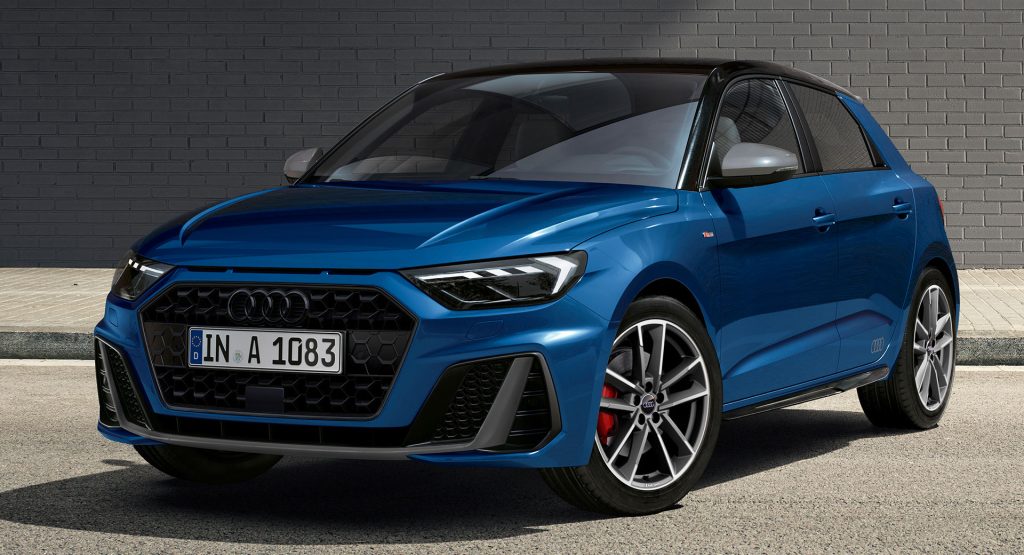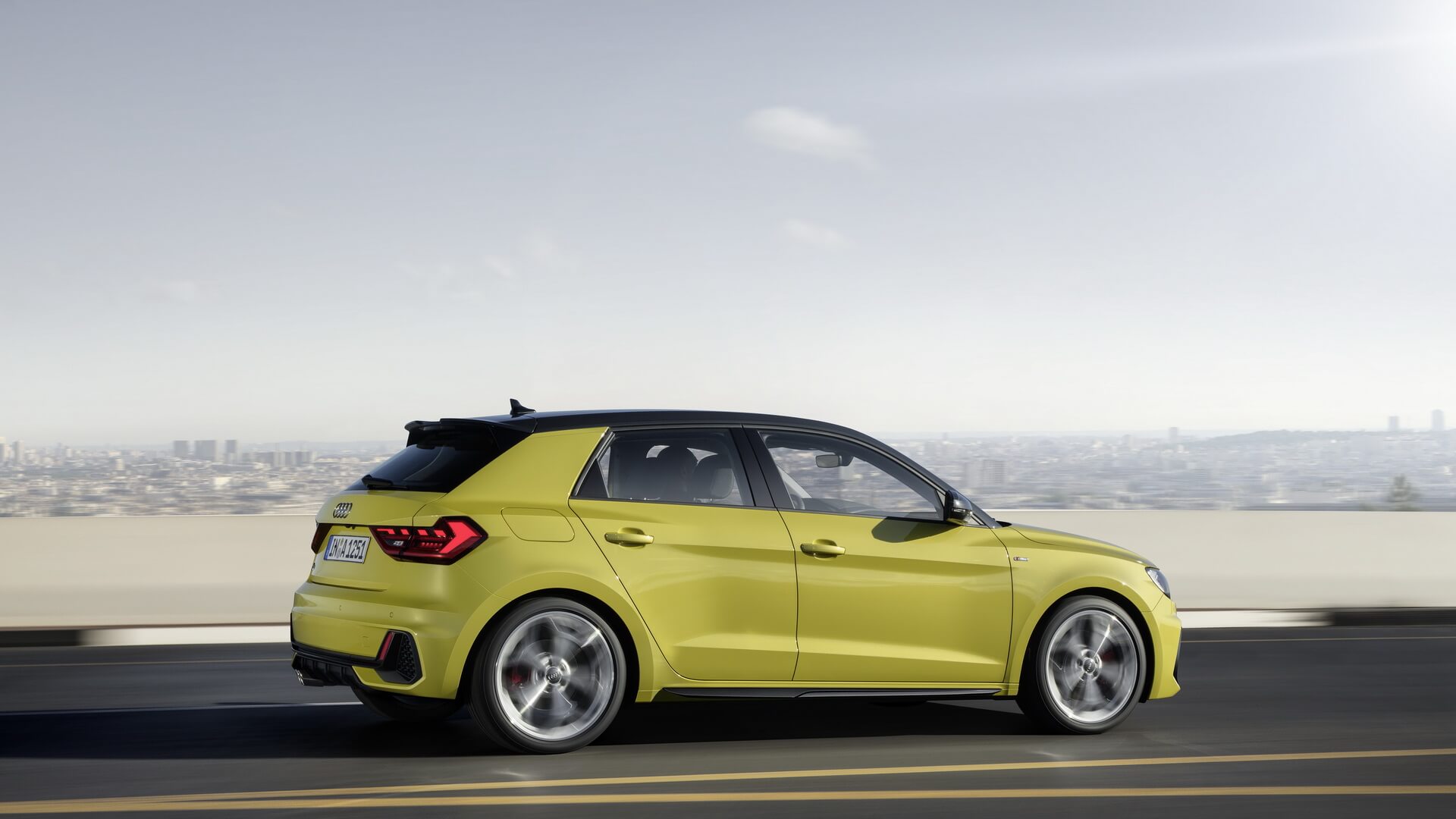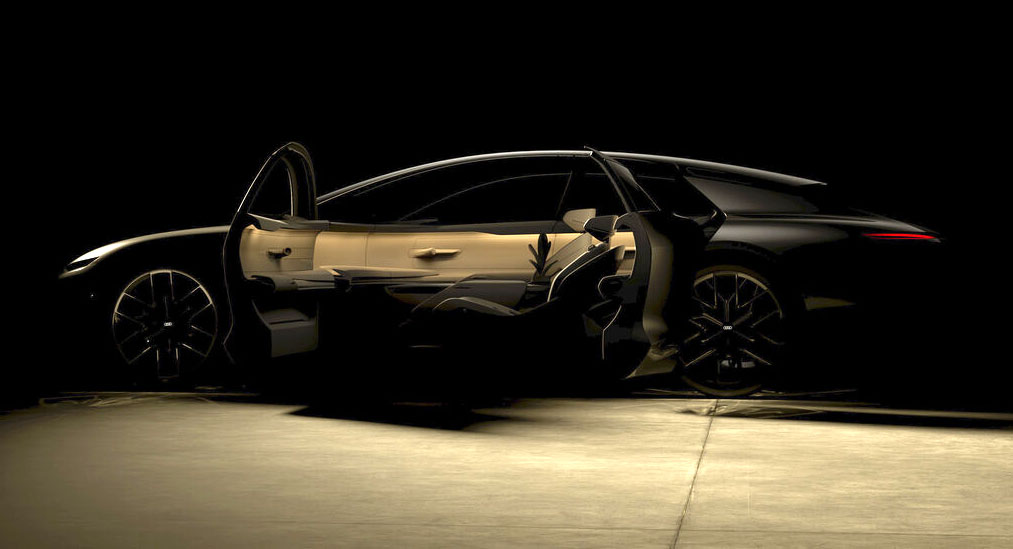In a wide-ranging interview, Audi CEO Markus Duesmann revealed the A1 is living on borrowed time.
Speaking to Automotive News Europe, Duesmann said “We know that offering combustion engines in the smaller segments in the future will be pretty difficult because the costs will go up.” As a result, the company “won’t have a successor to the A1.”
There’s no word on when the model will be discontinued, but its death is likely several years off as the hatchback was redesigned in 2018. That being said, sales have fallen in recent years. Audi moved 96,576 units in Europe as recently as 2016, but sales dropped to 77,868 units in 2019. They plummeted to 58,224 units last year, but a large part of that decline can likely be attributed to the coronavirus pandemic.
Also Read: Audi Might Phase Off The A1 Supermini As The Segment Is Becoming Unprofitable
Besides revealing the A1 will eventually be phased out, Duesmann noted the company is shifting away from plug-in hybrids as they’re simply a “bridge technology to e-mobility.” He went on to say Audi isn’t going to try to increase sales of plug-in hybrids as they want to go to “full-electric vehicles as soon as possible.”
Speaking of the latter, Audi will only launch electric vehicles starting in 2026 and internal combustion engines will be eliminated – except in China – by 2033. While that’s already been known, the executive said there will be “huge differences between the different regions in the world” in regards to the future powertrain mix. In particular, Duesmann believes ICE models will account for less than 20% of sales in Europe by 2030. The numbers in China and the United States are expected to be higher, but the executive didn’t provide figures for those countries.
In other news, Duesmann said the Grand Sphere concept will provide a “glimpse” at how future models will look. It will debut at the Munich Motor Show and have a futuristic interior, which provides a hint at how Audi could design vehicles with Level 4 semi-autonomous driving technology.






